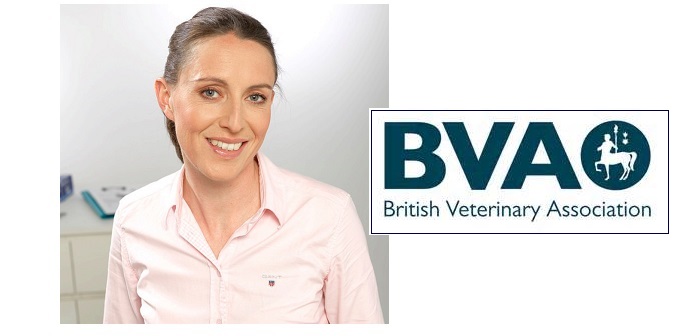High animal welfare and food safety standards need to be maintained as “unique selling points” of post-Brexit Britain says British Veterinary Association (BVA) president, Gudrun Ravetz.
Speaking in Belfast this evening (November 24), she told an influential gathering of animal health and welfare specialists, senior vets and Northern Ireland’s Farm Minister, Michelle McIlveen, that the country’s vets’ face both unique challenges and opportunities as the planning starts for Brexit.
“Many of us were hit by the shock result of the UK’s referendum on EU membership,” she said, highlighting the special demands on NI and its sharing of a land border with a continuing EU member state.
In that context, she expressed the BVA’s continued “disappointment” at the lack of veterinary involvement in the Brexit Consultative Committee run by NI’s Department of Agriculture, Environment and Rural Affairs (DAERA).
“While we are somewhat reassured by the Minister’s response to our concerns, stating that she will consult with vets (on Brexit),” said Ms Ravetz, “there are some conversations that we think would be better had through a seat at the table alongside other key stakeholders.”
The BVA president also took the opportunity of this evening’s address to the Association’s annual NI dinner to highlight the recent status of Belfast as a venue for several prominent EU events.
On research and development, for example, she pointed to NI’s importance in the wider world of animal health and welfare R&D, including bringing a number of leading European conferences to Belfast in 2016 and 2017.
“In our listing of Brexit principles, in fact, we made the point that the UK should seek to maintain access to EU partnership R&D, or similar pan European funding, and develop new opportunities with global partners,” she said, adding that such increasing of R&D activity in commercial and academic sectors was already taking place in NI and will continue to be really important for the country once the post-Brexit era arrives.




